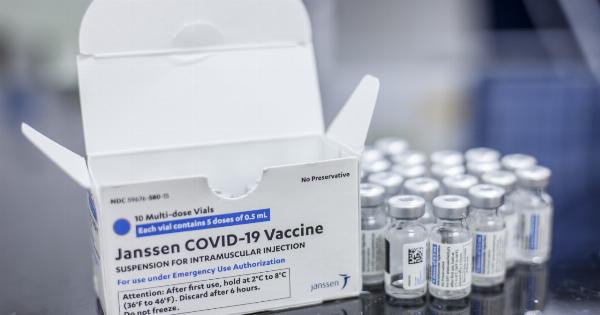You may confuse dandruff with head psoriasis, given that they both cause flakes. However, they are two distinct conditions caused by different factors.
What is Dandruff?
Dandruff is a common scalp condition that causes dry and itchy skin on the scalp, leading to the shedding of dead skin cells. It is not a serious medical condition, but it can be embarrassing and uncomfortable for some people.
What are the Causes of Dandruff?
The exact cause of dandruff isn’t known, but it is believed to be caused by a combination of factors, including:.
- Dry skin: People with dry skin are more prone to dandruff.
- Oily skin: Dandruff can also occur if the scalp produces too much sebum, which makes the skin oily.
- Fungal infection: A fungal infection can cause dandruff in some people. The yeast that naturally lives on the scalp can overgrow, leading to an itchy and flaky scalp.
- Malassezia: The fungus Malassezia is thought to play a role in the development of dandruff.
- Stress: Stress can cause an increase in sebum production, leading to dandruff.
Treatment for Dandruff
Dandruff can usually be treated with an over-the-counter anti-dandruff shampoo, which contains ingredients such as zinc pyrithione, salicylic acid, and selenium sulfide.
It is important to follow the instructions on the shampoo carefully and to use it frequently, as directed. If the dandruff persists, it may be necessary to see a dermatologist, who may prescribe a stronger anti-dandruff shampoo or medication to treat the underlying cause of the condition.
What is Head Psoriasis?
Head psoriasis is a chronic autoimmune disease that causes skin cells to grow too quickly, resulting in thick, scaly patches of skin on the scalp.
These patches can be itchy and uncomfortable, and they may lead to hair loss or thinning if left untreated.
What are the Causes of Head Psoriasis?
The exact cause of head psoriasis is not fully understood, but it is believed to be caused by a combination of genetic and environmental factors.
People with a family history of psoriasis are more likely to develop the condition, and it can be triggered by stress, infection, or injury to the skin.
Treatment for Head Psoriasis
Head psoriasis can be treated with a combination of topical medications and systemic medications. Topical treatments include corticosteroid creams, tar-based shampoos, and vitamin D creams.
In severe cases, systemic medications may be prescribed, including oral medications or injections.
Spotting the Difference Between Dandruff and Head Psoriasis
The key differences between dandruff and head psoriasis are:.
- Appearance: Dandruff flakes are white or yellowish in color and smaller than head psoriasis scales, which are thicker, silver in color, and have a scaly texture.
- Location: Dandruff is usually found on the scalp and hairline, while head psoriasis can also occur on other parts of the body, such as the elbows, knees, and lower back.
- Symptoms: Dandruff is usually accompanied by itching and dryness, while head psoriasis can cause more severe itching and pain.
- Treatment: Dandruff can usually be treated effectively with over-the-counter shampoos, while head psoriasis may require prescription medications.
Conclusion
Dandruff and head psoriasis are two distinct scalp conditions that can cause flakes.
While dandruff is a common and usually benign condition that can be treated with over-the-counter shampoos, head psoriasis is a chronic autoimmune disease that requires medical treatment. If you are unsure about the cause of your flakes, it is always best to see a dermatologist for an accurate diagnosis and treatment plan.





























